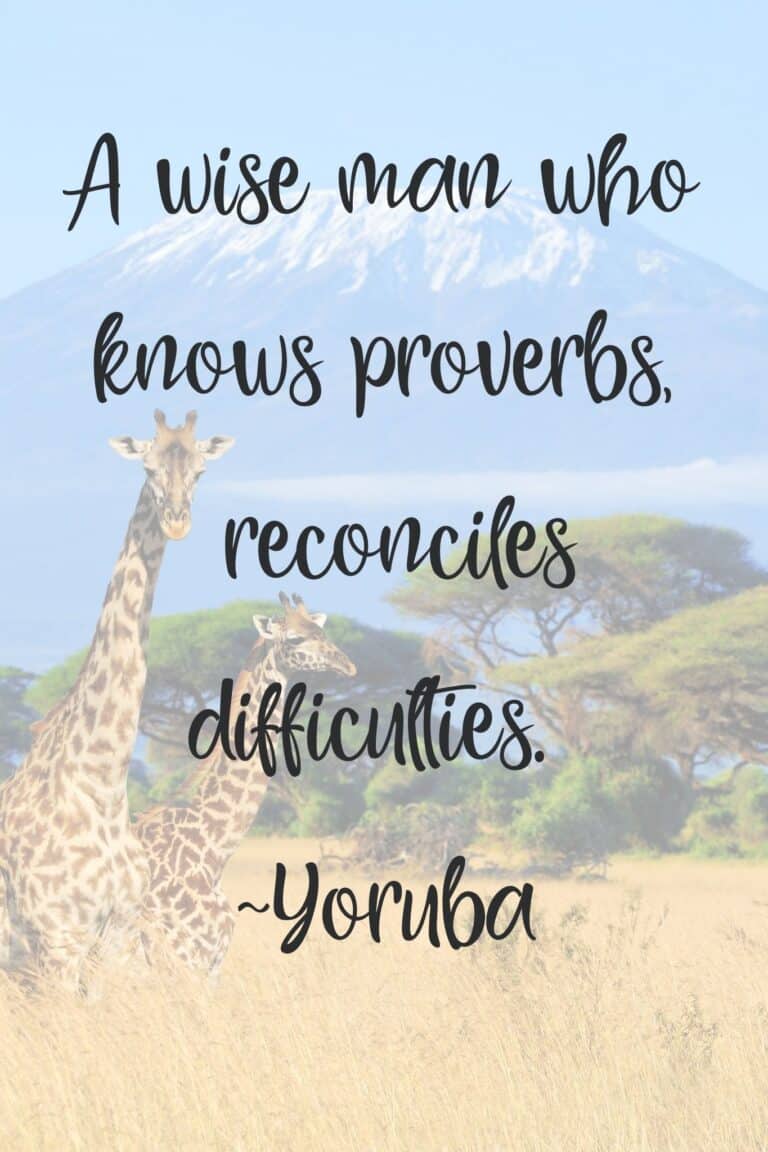
Welcome to the world of blogging! If you’re just starting out, you may be feeling a bit overwhelmed by all the technical terms and jargon that you’re encountering. But don’t worry, we’re here to help. In this article, we’ll go over some of the top must-know terms for beginner bloggers. From SEO to social media, we’ll explain what these terms mean and why they’re important for your blog. So whether you’re just starting out or looking to brush up on your blogging skills, this article has you covered.
I may earn a commission if you decide to make a purchase and sometimes if you just click on at link at no additional cost to you. Please read my disclosure page for more info.




To help you get started, we’ve compiled a list of the top must-know blogging terms. From “SEO” to “blogroll”, this comprehensive guide will demystify the jargon and help you hit the ground running with your new blog. So what are you waiting for? Let’s get started!
Blogging Terms You Need To Know
1. What Is A Blog

A blog is a type of website where users can post articles, stories, and other content. Blogs are usually displayed in reverse chronological order, with the most recent post appearing first. Most blogs also have a comment section where readers can leave feedback or start discussions about the topics covered in the blog posts
2. What Is A Blogging Platform?
A blogging platform is a software or service that helps you create and manage your blog. WordPress, Blogger, and Tumblr are all examples of popular blogging platforms.
3. What Is A Domain Name?
A domain name is the unique address of a website on the internet. For example, the domain name for WordPress.com is wordpress.com.
4. What Is Web Hosting?
Web hosting is a service that provides storage space and access for websites. When you create a blog, you will need to choose a web hosting service to store your blog’s files and make them accessible to readers on the internet.
5. What Is A Content Management System?
A content management system (CMS) is a software that helps you create, manage, and publish content on your blog. WordPress is an example of a popular CMS.
6. What Is A Blog Post?
A blog post is an article or piece of writing that you publish on your blog. A post can be as long or as short as you want, and can be about any topic you choose.
7. What Is A Permalink?
A permalink is the unique URL of a specific blog post. For example, the permalink for this post would be something like www.example.com/blog/50-must-know-blogging-terms/.
8. What Is Google Analytics?
Google Analytics is a free web analytics service offered by Google that tracks and reports website traffic. It is a powerful tool that can help you understand your website’s traffic and traffic sources, as well as how visitors interact with your site. With Google Analytics, you can track metrics such as the number of visitors to your site, the pages they visit, the length of their visit, and the devices they use. You can also use it to see which search terms visitors used to find your site, and what links they clicked on.
9. What is Google Search Console?
Google Search Console is a free web service provided by Google that helps you monitor and maintain your website’s presence in Google Search results. With Search Console, you can see how Google crawls and indexes your website, get notifications about any issues that arise with your site, and even see which queries are driving traffic to your site.
Take advantage and learn from other bloggers. View their pages and see what is working for them. Take advantage of tools such as MOZ, Ubersuggest, and Keywords Everywhere just to name a few. I’m here to tell you that you need to have a solid foundation in the tech side of blogging skills in order to succeed in the blogging world.

10. What is SEO
SEO stands for “search engine optimization.” It is the practice of optimizing your website in order to improve its ranking on search engines like Google. When you type a query into a search engine, it returns a list of results that are ranked based on relevance and quality.
SEO is all about making sure that your website appears as high as possible on this list, so that more people can find and visit your site. There are many different factors that go into SEO, including the quality and relevance of your website’s content, the structure of your website, and the number and quality of external links pointing to your site. By optimizing these and other factors, you can help your website rank higher and attract more traffic from search engines.
Glossary Of Blogging Terms In Alphabetical Order
List Of 37 Blogging Terms That Every Blogger Should Know, In Alphabetical Order:
- Affiliate marketing: A type of marketing in which a blogger promotes a product or service and earns a commission for each sale made through a unique referral link.
- Alt text: A description of an image that is added to the HTML of a webpage for accessibility purposes and to help search engines understand the content of the image.
- Analytics: Tools used to measure and track the performance of a website or blog, such as the number of visitors and page views.
- Anchor text: is the visible, clickable text in a hyperlink. It is often underlined and displayed in a different color than the surrounding text to indicate that it is a link. When a user clicks on the anchor text, they are directed to the webpage or resource that the link is pointing to. In terms of SEO, search engines use anchor text as a way to understand the content and context of the linked page, and use it as a ranking factor.
- Article: Is a single blog post. Most people will use this term interchangeably with the term blog post.
- Author: The individual that wrote the blog post; it may be referenced as an individual or an entity.
- Avatar: A photo image that represents a person across your site or other social media platforms.
- Backlink: A link from another website to a page on your blog.
- Blacklist: A list of spam sites.
- Blog: A website or portion of a website that is updated regularly with short, informative posts.
- Blog Carnival: A blog carnival is a type of online event where a group of bloggers come together to share and promote their content on a specific topic. The event is typically organized by one or more “host” bloggers who create a central hub or “carnival” on their own blog, where they feature links to the best posts from the participating bloggers. Blog carnivals are a way for bloggers to increase visibility for their own content, as well as to discover new bloggers and content in their niche. They are often held on a regular schedule, such as weekly or monthly, and can be focused on a specific topic or theme.
- Blogger: A person who writes and publishes content on a blog.
- Blogging: Is the act of writing for a blog
- Blogroll: A blogroll was traditionally a list of links to other blogs that were displayed on your blog’s sidebar. Nowadays, most people just use social media to follow other blogs (more on that later).
- Category: A blog category is a way to organize and group blog posts on a website by topic. It allows the blogger to make it easier for readers to find and access content that is of interest to them. Bloggers typically use categories to group posts by subject or theme, such as “technology,” “lifestyle,” “food,” “travel,” etc.
- CAPTCHA: CAPTCHA stands for Completely Automated Public Turing test to tell Computers and Humans Apart. It is a type of challenge-response test used to determine whether or not the user is human. It is designed to prevent automated programs, known as bots, from interacting with a website or online service. CAPTCHAs are often used to protect online forms and registration pages from spam and other types of automated abuse.
- CMS: Content Management System, is a software application that allows users to create, manage, and publish digital content, such as text, images, and videos, on a website or other digital platform. CMSs provide an interface for users to add, edit, and organize content, as well as manage the overall design and layout of the website. WordPress.org is a CMS.
- Comment: A response left by a reader on a blog post.
- Content: The written, visual, or audio material published on a blog or website.
- Cookies are small text files that are stored on a user’s computer or mobile device by a website or web application. They are used to remember certain information about the user, such as login credentials, preferences, and browsing history. When a user visits the website again, the website can retrieve the information stored in the cookie and use it to personalize the user’s experience and remember their preferences.
- Domain: The address of a website, such as “example.com.”
- Feed: A way for readers to subscribe to and receive updates from a blog.
- Footer: The bottom section of a webpage, usually containing copyright information and links to other pages on the site.
- Header: The top section of a webpage, usually containing the website’s logo and navigation links.
- Hyperlink: A clickable link that directs a reader to another webpage.
- Landing page: A specific webpage designed to convert visitors into leads or customers.
- Link building: The process of acquiring backlinks to a blog or website in order to improve its search engine ranking.
- Meta description: A brief summary of a webpage’s content that appears in search engine results.
- Meta tags: HTML tags that provide information about a webpage, such as its title and keywords.
- Niche: A specific topic or market that a blog focuses on.
- Page view: A view of a single webpage.
- Plugin: A piece of software that adds specific functions to a website or blog.
- Pinging: The process of notifying search engines and other websites that a new blog post has been published.
- Post: An individual piece of content published on a blog.
- RSS feed: A format for delivering regularly changing web content, such as blog posts.
- Search engine optimization (SEO): The process of optimizing a blog or website to rank higher in search engine results.
- Sidebar: A column on the side of a blog or webpage, usually containing links, advertisements, and other information.
- Social media: Websites and apps that allow users to create and share content or participate in social networking.
- Spam: Unsolicited or irrelevant content, often posted in the comments section of a blog.
- SSL and SSL Certificate: SSL stands for Secure Sockets Layer, and it is a security protocol used to establish an encrypted link between a web server and a web browser. SSL certificate is important for website security, as it helps to protect sensitive information, such as personal details and credit card information, from being intercepted by third parties. It also helps to build trust and credibility with users, as it verifies the identity of the website and assures users that their information is secure. Websites that have SSL certificates have “https” in the URL instead of “http”
- Subscriber: A reader who has subscribed to a blog to receive updates.
- Tag: A keyword or phrase used to describe and organize a blog post.
- Template: A pre-designed webpage layout that can be customized with text and images.
- Theme: A theme in the context of website development, is a collection of templates and styles that determine the look and feel of a website. A parent theme is a complete theme that can be used as a starting point for creating a new theme. It includes all of the template files and styles required to create a functional website. Parent themes are often created by developers to be used as a base for creating child themes. A child theme is a theme that inherits the functionality and styling of a parent theme and allows users to make customizations and modifications to it without affecting the parent theme. Child themes are used to make customizations, add new functionality, or change the design of a website without modifying the parent theme. This allows users to update the parent theme without losing their customizations.
- Trackback: Another term that isn’t used much anymore, but trackbacks were once a way for bloggers to notify each other when they had linked to one another’s posts in their own articles. Nowadays, most people just use pingbacks (more on that in a minute), or they simply mention each other in their posts without using any formal notification system.
- Traffic: The number of visitors to a blog or website.
- URL: The web address of a specific webpage.
- Vlog | Vlogger: A vlog, short for “video blog,” is a type of online content that consists of video recordings of the creator’s daily activities, thoughts, or experiences. Vlogs are similar to traditional text-based blogs, but instead of written content, they use video as the primary medium for sharing information
- Web Host: A web host is a company that provides the technologies and services needed to host a website on the internet. When you create a website, you need somewhere to store all of the files and data that make up your site. A web host provides this storage space, as well as the necessary technologies to make your website accessible to internet users
- Widget: A widget is a small, standalone application that runs on a web page or within a web-based platform. It is designed to perform a specific function or provide a specific service, such as displaying the weather, displaying the current time, or providing access to social media features
Recap
As a new blogger, you are going to encounter a ton of new terms. I highly suggest that you become familiar with all of them so that when you see them, you will have a better understanding of how all these terms tie together.





